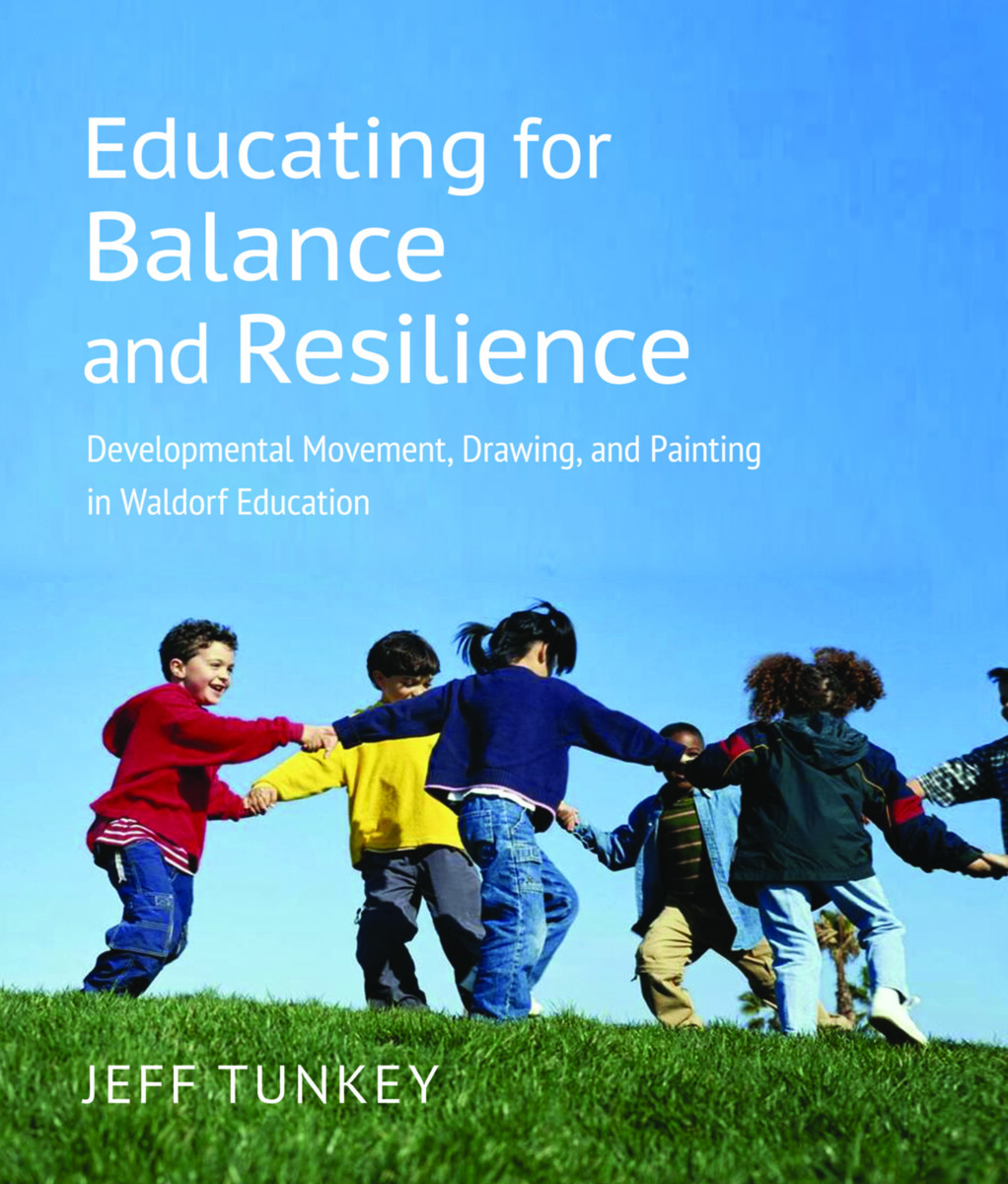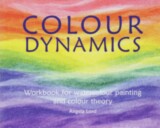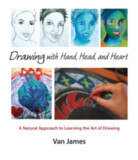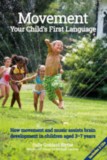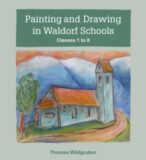Educating for Balance and Resilience
Developmental Movement, Drawing, and Painting in Waldorf Education
- Publisher
Bell Pond Books - Published
15th May 2020 - ISBN 9781952166006
- Language English
- Pages 170 pp.
- Size 8.5" x 10"
A practical guide to strengthening the foundations for professional development, student capacities and readiness, and parent support
“Each child in every age brings something new into the world from divine regions, and it is our task as educators to remove bodily and psychical obstacles out of its way...” —Rudolf Steiner (Aug. 19, 1922)
There is growing recognition in educational circles that helping children to build the skills they need to thrive in adult life is as important as content delivery linked to achievements on benchmark tests. These important skills include communication, persistence in the face of challenge, adaptability, teamwork, good manners, self-control, responsibility, and punctuality.
A unifying goal for every Waldorf–Steiner school—anywhere in the world, large or small—is to provide a gradual progression of challenging academic content for which the students are (or soon will be) emotionally and physiologically prepared. Waldorf schoolteachers recognize that all true learning requires inner composure and flexibility, and that what can be seen and developed through outer movement is vital for mental health and acuity throughout life. Physical activity fuels the brain with oxygen and decreases stress. Every movement creates and strengthens connections within the brain and in the nerve pathways throughout the body.
The importance of developmental movement is also clearly validated by modern science as a path to physiological and emotional development, and might be just as important as academic presentation, especially in the early grades. Activities that build such basics as postural control, spatial orientation, physical coordination, and body geography are not merely classroom extras. All children (perhaps more than ever before) need a rich diet of developmental movement, drawing, and painting exercises, as indicated by Rudolf Steiner, Audrey McAllen, Karl König, Olive Whicher, and numerous others.
Although nearly all of these tools have been within the domain of Extra Lesson practitioners and Waldorf movement teachers for decades, Jeff Tunkey asserts that they should be staples for all students, in all classes, every day.
“I found that utilizing even one sample of his many treasures made an immediate difference in the work with my class. His ideas are immediate and practical for the work of resource specialists, movement teachers and class teachers alike.” —Jennifer Snyder, public school Waldorf teacher and member of the Pedagogical Section Council of North America
C O N T E N T S:
Foreword
Guiding Thoughts
1. Lenses on Teacher Development
• Introduction
• Practical and Ethical Considerations
• The Hierarchy of Learning Readiness
• Working with the Twelve Senses
• . . . Or Is It Sixteen Senses?
• Faith, Love and Hope in the Classroom
• Cowboy Wisdom
2. Foundations for Student Capacities and Readiness
• On Inner Development
• 16 Keys to Student Needs
• Boys and Girls in Movement
• Parallels in Academic and Athletic Development
• Summary
3. Exercises and Activities for Strengthening the Whole Class
Introduction
Foundations for Developmental Movement
• Jumping Rope
• Copper Rod Exercises
• Crawlasthenics and Zoorobics
• Balance, Ball and Beanbag Activities
• Clay Activities
• Foot Circles
Foundations for Writing and Reading
• Strengthening the Pencil Grip 81
• Painting Handwriting 83
• Shaded Drawing
Foundations for Arithmetic
• The Connections Between Math and Movement
• Strengthening Arithmetic Foundations
• Numeracy Activities and Screening Tables
• Review Exercise Worksheet
4. The Values of Organized Play
• Introduction
• The Use of Games
• Movement Standards for Third Grade
• Movement Program Organization
• A Taxonomy of Games, and a Sampler
• Games and Movement Resources
5. Building a Schoolwide Culture
• Sharing the Work
• A Model for Inservices and Classroom Blocks
• The Fourfold Process for Success
6. Building Bridges with Parents
• Parent-Teacher Meetings
• Education for Balance and Resilience
Appendix and Resources
• Observation, Documentation and Support
• A Paper Trail Protocol
• An Educational Support Team Model
Afterword
Bibliographic Notes
Index of Exercises
Jeff Tunkey
Jeff Tunkey is a teacher and founding board president at Aurora Waldorf School in West Falls, New York. A graduate of the Spacial Dynamics 5-Year Inservice Training, he is one of the lead instructors in the Remedial Teacher development courses for the Association for a Healing Education. He leads intensives for Waldorf teachers from across North America and beyond, including class, movement, and remedial teachers, as well as pedagogical directors.


